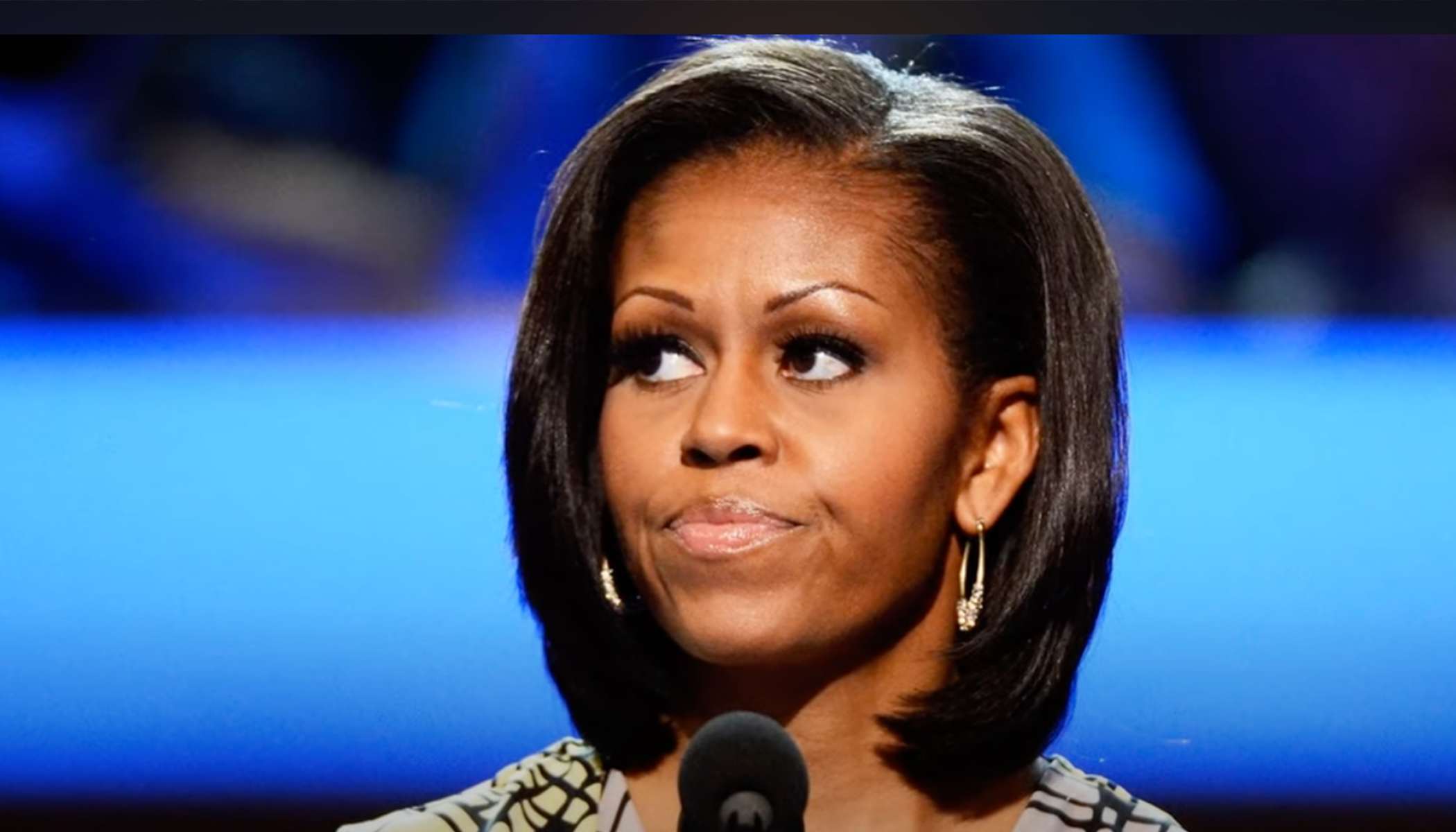Senior Iranian Judges Assassinated in Tehran
Two senior judges in Iran's supreme court were fatally shot in a shocking attack that unfolded on a Saturday morning in Tehran, and the gunman, who tragically took his own life as he attempted to escape, left many questions behind for authorities to pursue.
The attack, considered a deliberate assassination by officials, targeted Ali Razini, 71, and Mohammad Moghiseh, 68, as they performed their duties at the court, as the BBC reports.
The incident began with the assailant infiltrating the supreme court premises before opening fire. The chaos saw not only the loss of two prominent figures in the Iranian judiciary but also resulted in injuries to one of the judges’ bodyguards.
Gunman Ends Life Amid Chaos
Amid the turmoil, the shooter ended his life, compounding the challenges faced by investigators seeking to uncover the motives behind this brazen act. The judiciary's media office has firmly described the shooting as a "premeditated assassination," a statement that underscores the seriousness and planning believed to be behind the attack.
Early investigative efforts have yielded no connections between the suspect and any cases previously deliberated by the supreme court. It remains unclear whether the attacker acted alone or had any accomplices, and authorities are diligently pursuing leads to establish a fuller picture.
Esteemed Judicial Careers Abruptly End
Razini and Moghiseh were not only fixtures in the Iranian judicial system but also influential in enforcing significant rulings. Both had held responsibilities typically reserved for the most experienced justices, including the confirmation of death sentences.
Razini's career was marked by a degree of resilience, having survived a previous assassination attempt in 1998. Meanwhile, Moghiseh's tenure had drawn international scrutiny, resulting in sanctions from entities like the European Union, the United States, and Canada over allegations of human rights abuses.
Historical Context of Judicial Roles
The two judges had long been involved in Iran’s judicial landscape, especially during periods of intense political crackdowns. Their roles in the judiciary often focused on suppressing opposition to Iran's Islamic government since the 1980s, a fact that has further fueled speculation about potential motives behind the attack.
Investigators are keen to unravel the complexity of this case, given there appears to be no initial link between the shooter and the court’s proceedings. This lack of connection raises several possibilities, including personal vendettas or politically motivated agendas, but confirmation remains elusive.
As the investigation continues, public concern is mounting regarding the implications of this violence within the highest echelons of the judiciary. Questions loom about the safety of other officials and the potential responses from the Iranian government to such an affront.
Implications for Iran's Judiciary
This incident may have lasting repercussions on the perception and operations of the Iranian judiciary. The sudden vacuum at the supreme court necessitates not only the replacement of two high-ranking judges but also assures the protection of others from similar threats.
Meanwhile, efforts to identify any collaborators continue with thoroughness, acknowledging the possibility that this attack was not the work of a lone actor. Information gathered could potentially lead to revelations significant to both domestic and international observers.
Assessing International Reactions
Globally, the killings have already sparked reactions, given the judges' high profiles and the controversies surrounding some of their judicial actions, especially Moghiseh's sanctioned state. Nations imposing sanctions may feel vindicated in their measures, while Iran might interpret these as foreign interference.
This delicate geopolitical balance remains sensitive as analysts and leaders alike await the results of Iran's investigation. Speculations abound regarding the ideological and political ramifications of the assassinations, alongside concerns about potential escalations in regional tensions.
Security and Judicial Proceedings
Amid heightened security measures, Iran's judicial proceedings continue with the somber awareness of recent events. Ensuring safety within these institutions emerges as a primary objective, guiding both immediate and strategic governmental responses.
Iran's government faces both internal and external pressures as it navigates this period of uncertainty. Strategies to curb such violent acts while maintaining judicial integrity are pivotal in shaping upcoming policy directions.
Calls for thorough and swift justice in identifying and handling responsible parties resonate within and beyond Iran. Public assurance and confidence in the legal system depend on transparent and effective judicial and investigative processes.
A Call for Caution and Justice
While the country's authorities work to close this chapter of violence, the focus remains on preventing similar incidents from occurring in the future. Enhanced security, clear communication, and assertive action against terrorism are vital components of restoring and fortifying trust among Iran's citizens and institutions.
As more details emerge, the world watches closely, mindful of both the delicate situation within Iran and the broader regional implications that could follow this unsettling episode.





